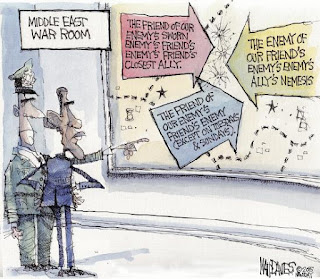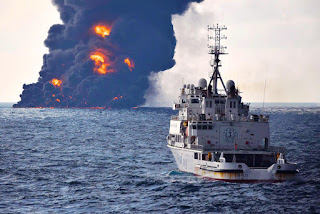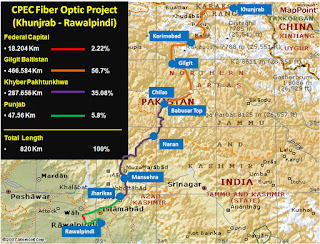Despite concerns, China sees a potential ally in Pakistan’s Imran Khan
Credit: The Quint By James M. Dorsey Pakistani prime minister-in waiting Imran Khan’s ability to chart his own course as well as his relationship with the country’s powerful military is likely to be tested the moment he walks into his new office. Pakistan’s most fundamental problems loom large and are likely to demand his immediate attention. He probably will have to turn to the International Monetary Fund (IMF) for a US$ 12 billion bailout to resolve Pakistan’s financial and economic crisis. The request could muddy Mr. Khan’s already ambiguous relationship with China. The IMF is likely to reinforce Mr. Khan’s call for greater transparency regarding the terms and funding of projects related to the China Pakistan Economic Corridor (CPEC), a crown jewel of the People’s Republic’s Belt and Road initiative and at US$ 50 billion plus its single largest investment. Moreover, Mr. Khan’s need for a bailout is likely to give him little choice but to crackdown on milita





